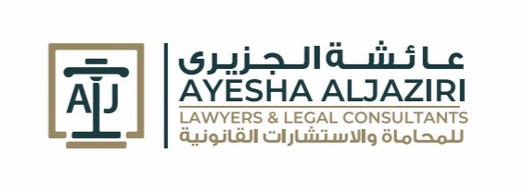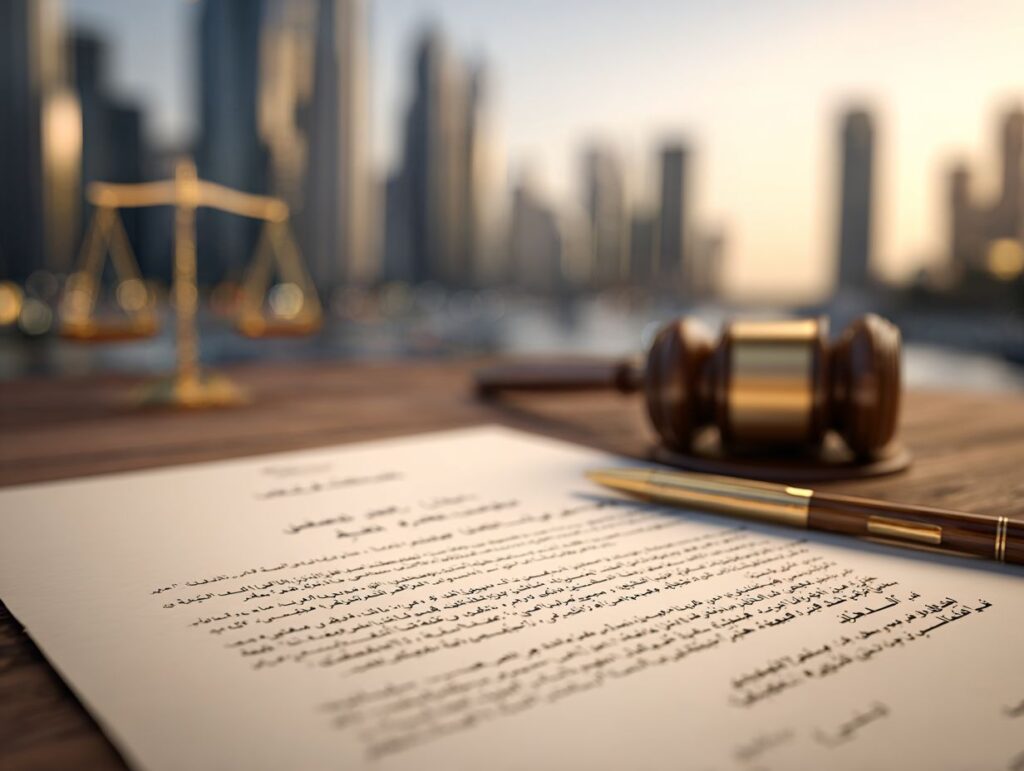Ayesha Aljaziri Lawyers & Legal Consultants is Dubai’s premier full-service law firm. Founded by respected attorney Ayesha Aljaziri, we provide trusted legal solutions across 14 practice areas with full rights of audience before all UAE courts (civil, Sharia, commercial, and appellate). Our multilingual lawyers in Dubai advise businesses and individuals on drafting, negotiating, and enforcing contracts across the UAE and free-zone jurisdictions. This guide explains how force majeure operates under UAE law and how well-drafted clauses protect your contract performance when the unexpected happens.
Key Takeaways
- Force majeure addresses extraordinary events beyond a party’s control that make performance impossible or preventable; its scope depends on your contract wording.
- Onshore UAE matters are guided by the UAE Civil Transactions Law (Federal Law No. 5 of 1985), while common-law inspired free zones (e.g., DIFC) follow their own contract laws.
- Clear drafting, prompt notice, and reasonable mitigation steps are essential to preserve relief and reduce disputes.
What Is Force Majeure and Why It Matters
Force majeure is a contractual mechanism that allocates risk for unforeseeable, uncontrollable, and irresistible events. When properly drafted, it can suspend obligations, extend time for performance, or terminate the contract if performance becomes impossible. For example, sudden border closures, extreme weather, or government directives may disrupt construction timelines or supply chains. Without a clear clause, parties face uncertainty over delay penalties, liquidated damages, or termination rights—issues our lawyers in Dubai handle frequently in contract negotiations and disputes.
Legal Framework: UAE Mainland vs. DIFC
Onshore UAE (Federal Law No. 5 of 1985): The Civil Transactions Law recognises that if an external event makes performance objectively impossible, obligations may be extinguished. In addition, the Code provides relief in exceptional circumstances that make performance excessively onerous, enabling the court to rebalance obligations. While the statute frames the principles, your contract remains the primary source of rights and procedures—especially for notice, time bars, and remedies.
DIFC and other common-law inspired free zones: The DIFC Contract Law (separate from the UAE Civil Code) typically addresses non-performance caused by an impediment beyond a party’s control and contemplates suspension or discharge depending on the impact. Because the legal tests and terminology differ from onshore UAE, cross-jurisdiction contracts should specify governing law and dispute forum to avoid ambiguity.
Core Elements of an Effective Force Majeure Clause
1) Defined Events (Closed or Illustrative Lists)
List the types of events that qualify, balancing specificity with flexibility. Common inclusions are natural disasters (e.g., floods, earthquakes), epidemics/pandemics, war or civil unrest, sanctions or embargoes, and binding government orders. Where relevant, include sector-specific risks (e.g., port closures for logistics contracts). Avoid vague catch-alls without criteria—tie any “events beyond reasonable control” to objective standards.
2) Causation and Impact Threshold
State the required degree of impact (e.g., “prevents” or “hinders” performance). Under UAE law, objective impossibility supports termination, while lesser impediments may justify suspension or time extensions depending on the clause. Include language on partial force majeure so that unaffected obligations continue where feasible.
3) Notice and Evidence
Notice requirements are primarily contractual (not statutory). Specify how and when to give notice (e.g., within a defined number of days, via email plus courier), the information to include (event details, impact, expected duration), and the obligation to provide updates. Failure to comply with notice provisions can jeopardise relief—especially where the clause makes notice a condition precedent.
4) Mitigation and Alternatives
Require reasonable steps to overcome or reduce the effects, such as alternative sourcing, resequencing works, or remote delivery. Clarify who bears additional costs and whether parties must accept commercially reasonable substitutes. This supports fairness and demonstrates good faith in any subsequent dispute.
5) Duration, Termination, and Financial Consequences
Set a maximum suspension period (for example, a defined number of days). If the event persists beyond that, the parties may terminate without fault. Address the effect on liquidated damages, payment schedules, and return of deposits or advance payments.
Applying Force Majeure in Practice
1. Construction and Real Estate
Contractors often rely on force majeure to obtain extensions of time when supply routes are closed or permits are delayed by government action. Pair the clause with clear extension of time and delay damages provisions to avoid double counting or disputes over concurrency. For related guidance, explore our real estate lawyers in Dubai and commercial contracts resources.
2. Trade, Logistics, and Manufacturing
In supply agreements, events like port closures or export bans can trigger suspension, not automatic termination. Build in stock buffers, alternative ports, and expedited arbitration tracks to resolve bottlenecks quickly. Our team routinely drafts risk-sharing mechanisms for transport and logistics clients operating across the UAE and GCC.
3. Financial Services and Technology
Regulatory directives can affect performance timelines (e.g., onboarding freezes or data-center restrictions). Align force majeure provisions with compliance obligations and SLA carve-outs. See our pages on financial services and fintech and TMT law to understand how we structure balanced protections.
Common Missteps to Avoid
- Over-reliance on generic wording: Phrases like “acts of God” are insufficient without objective tests and procedures.
- Ignoring jurisdictional differences: Do not assume DIFC rules mirror the UAE Civil Code; choose governing law and forum deliberately.
- Missing notice mechanics: Absent or unclear notice provisions create avoidable disputes; make notice a condition precedent where appropriate.
- No mitigation roadmap: Specify alternative performance, escalation protocols, and suspension caps to maintain business continuity.
Frequently Asked Questions
1. Does UAE law recognise force majeure?
Yes. Onshore UAE law recognises the effects of supervening impossibility and exceptional circumstances within the Civil Code framework, but the contract’s wording governs procedures and remedies. DIFC law addresses impediments to performance under its own contract legislation.
2. Is economic hardship enough?
Financial hardship alone rarely constitutes force majeure. However, exceptional hardship may support rebalancing under Civil Code principles if expressly relied upon and evidenced. Draft your clause to clarify whether severe market shocks are in or out of scope.
3. What should a solid clause include?
A clear list of events, a causation threshold, strict notice mechanics, mitigation duties, suspension limits, and the consequences for damages, payments, and termination.
How Our Law Firm in Dubai Can Help
We draft and negotiate robust force majeure provisions, audit existing contracts, and represent clients in disputes before all UAE courts and arbitral forums—without the need for external counsel. Where early settlement is beneficial, we deploy targeted negotiation and arbitration strategies; for escalated matters, our litigation team has full rights of audience across the UAE. For ongoing commercial arrangements, our corporate lawyers in Dubai ensure contract frameworks remain resilient to regulatory and geopolitical change.
Next step: If you need experienced lawyers in Dubai to review, draft, or enforce force majeure clauses tailored to your sector, contact us for a consultation.








